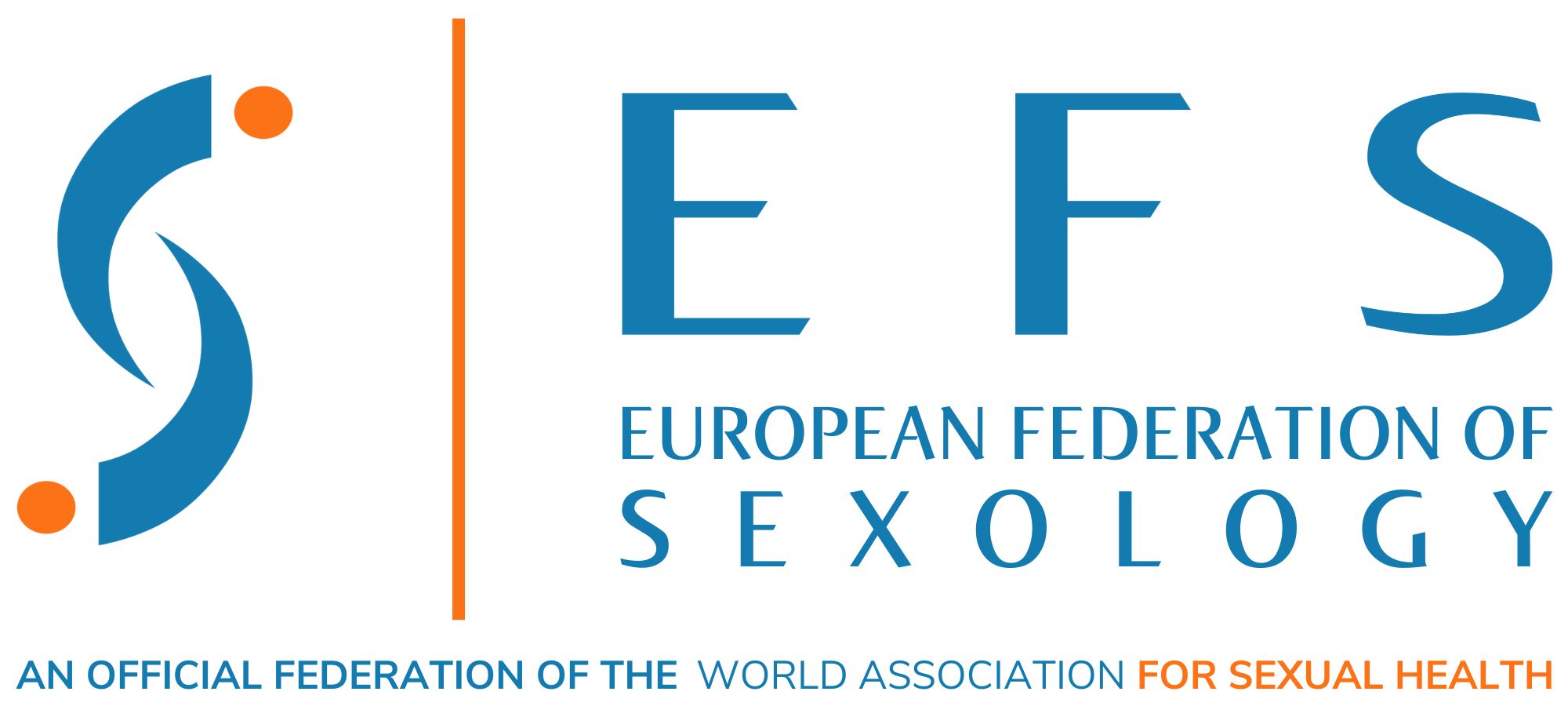August letter
Norway, August 28th 2024
We are leaving behind the month of softness in the Northern Hemisphere and a month of spring in the Southern Hemisphere. Much is in the air, though not all of it brings joy and relief.
We are approaching September 4th, Global Sexual Health Day. This day invites us to reflect on the state of sexual health, not just in Europe, but across the entire globe. Unfortunately, that state is far from what we could have hoped for or envisioned.
The World Association for Sexual Health (WAS) recently expressed concern for Afghan women whose rights are severely restricted. You can read more about this here: WAS Statement on Women and Girls in Afghanistan.
Both EFS and WAS have issued statements on LGBTQ+ rights, with a focus on the situation for transgender and gender-diverse (TGD) people worldwide. However, we are only addressing the tips of icebergs.
Basically, sexological organizations also take on advocacy for all issues of limited access to healthcare, comprehensive sexuality education, sexual justice, reproductive rights and discriminations based on talents linked to sexuality and gender, access to STI protections to mention some of what is at hand.
Hence, we can ask: Who are the sexologists, who are the advocates, who are the activists?
In many ways, we are seen as operating one or more of these roles, depending on others’ perceptions of us, whether for better or worse. Professionally we are very diverse ranging from educators and teachers or clinical practitioners from the psychological and medical field, to the widest range of humaniora. In many countries, theologians and religious leaders join the sexological field to care for and emphasize the spiritual aspects of gender and sexuality. Yet, we live in a world where many religious traditions block access to a positive sense of belonging in the spiritual realm. Sociologists, archaeologists, anthropologists, educators, and many more contribute professionally to the field of sexology. Our efforts are powerfully supported by lawyers in our quest to improve sexual health and rights globally.
Although we are not entirely united, we are like a family working to improve people’s lives. This is joyfully tangible when we meet at conferences, interact on Zoom, or communicate through other means.
The world needs sexual rights. Sexual well-being is a gateway to peace of mind, and peace of mind is a prerequisite for peace among people. Every human being has desires and needs that should be understood by their fellow human beings. Peace of mind is something we all seek and long for.
Returning to how we are perceived by others. We are seen not only as professionals offering sexological counseling or therapy to those whose sexuality has become a source of distress, but surely also as professionals for those who are in need of comprehensive sexuality education, experience based information and support. In addition sexologists are knowledgeable advocates and activists for human sexual rights.
No one should ever deny another human being their right to self-determined gender, to the choice of partner, to co-determine paths to sexual pleasure in a legal context that is free of coercion or violation of human rights. No one should ever interrupt sexual privacy or jeopardize access to that privacy and to spaces where likeminded people can meet.
For me, supported by the EFS board, it is vitally important that we, as professionals of all kinds and as activists, never abandon our mission to engage in and strive for human sexual rights, a sense of positive belonging, sexual justice, and sexual well-being.
Esben Esther Pirelli Benestad
President of the EFS

